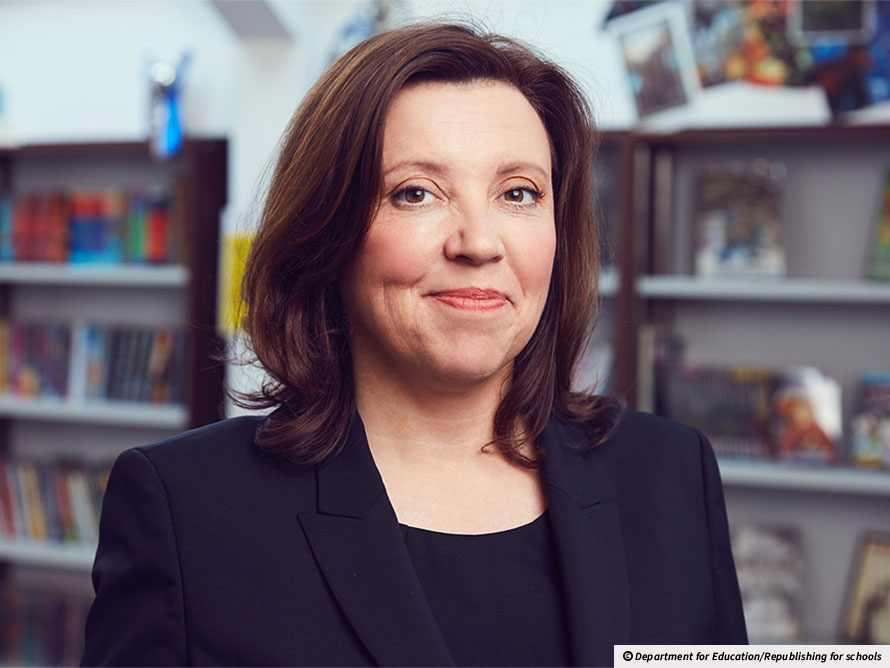Do young people’s views matter? A new survey has found the vast majority of people under 18 do not feel they are listened to. Some think it is time to give them their own voice.
‘Children’s ideas should be part of election’
 Rachel de Souza: The Children’s Commissioner (above) surveyed 367,000 children aged 0-18 in England.
Rachel de Souza: The Children’s Commissioner (above) surveyed 367,000 children aged 0-18 in England. Glossary
Children's Commissioner - A public official in England responsible for protecting the rights of children as set out in UN conventions and other human rights' conventions.
Jean-Jacques Rousseau - An 18th Century Swiss philosopher whose book Reveries of the Solitary Walker extolled the virtues of being alone in nature.
